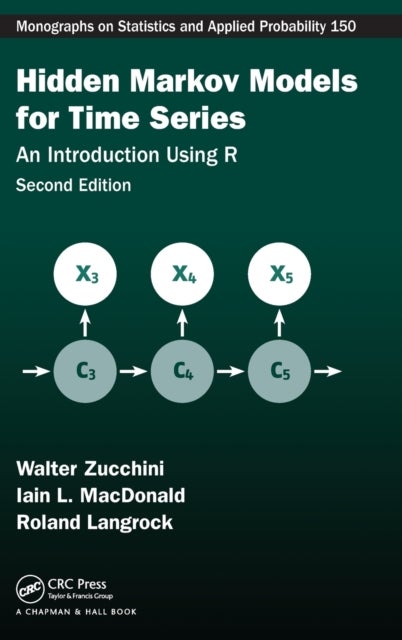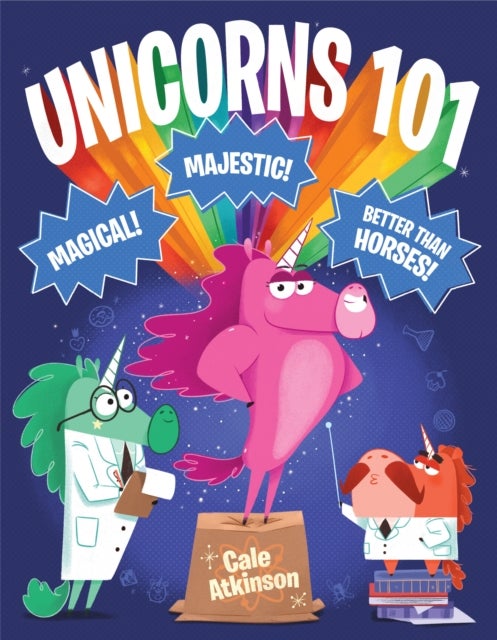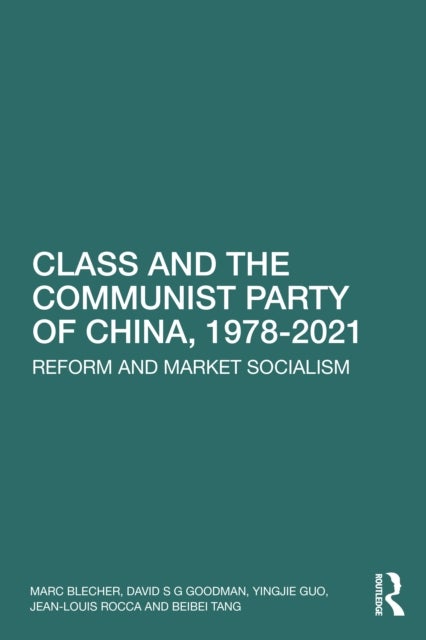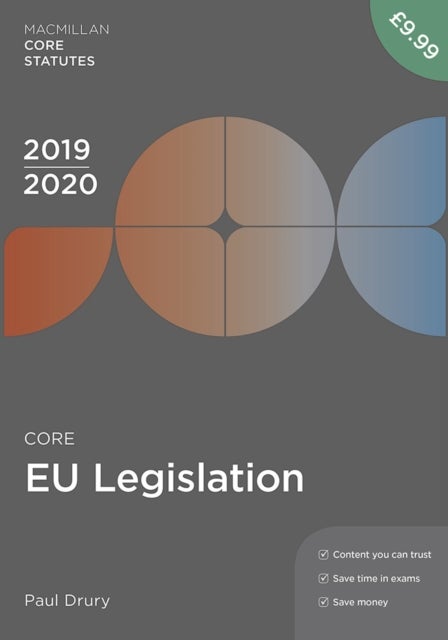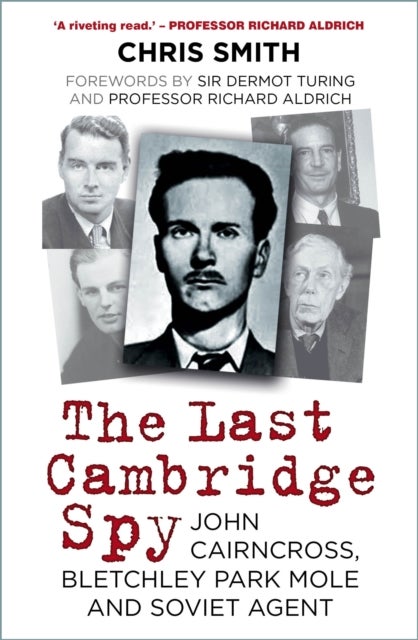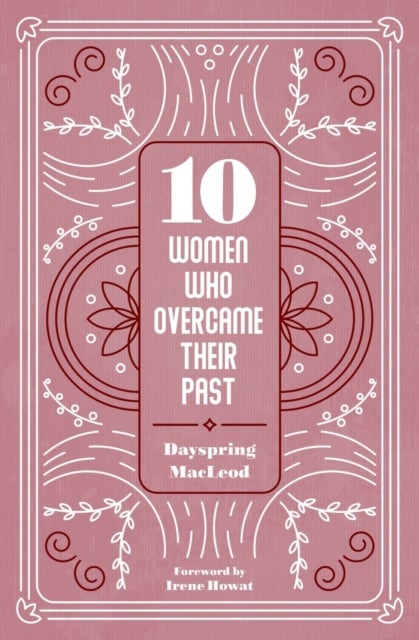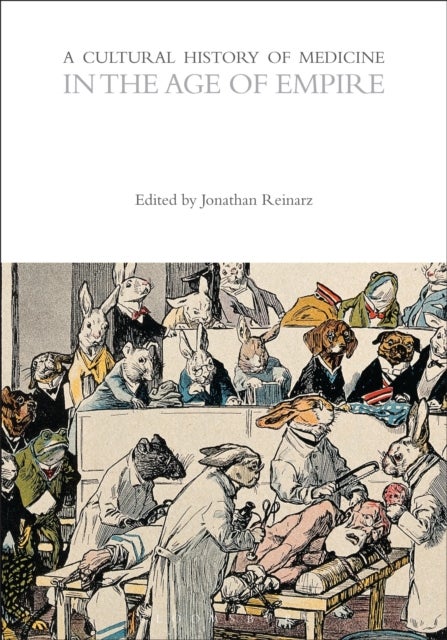
A Cultural History of Medicine in the Age of Empire
369,-
Historians describe the ¿long 19th century¿ as an age of empire, characterized by expansion and industrialization. The period witnessed the evolution of Western medicine into something uniquely ¿modern¿, rooted in the shift to industrial capitalism and encroachment of government monitoring to state health, as well as the colonial mindset that drove overseas travel and encounters with unfamiliar populations, climates and disease. More than ever before, food, drugs, people and sickness circumvented the globe, crossing borders and prompting enormous changes in the way people made sense of health and illness. Novel technologies, from vaccination to x-rays, and ways of organizing medicine and its delivery, increased the reach of medicine and augmented the power of the state and colonizers. Equally, the new medicine answered governments¿ growing recognition that health had acquired cultural value and meaning for their domestic populations. Spanning the period from 1800 to 1920, this volume s


